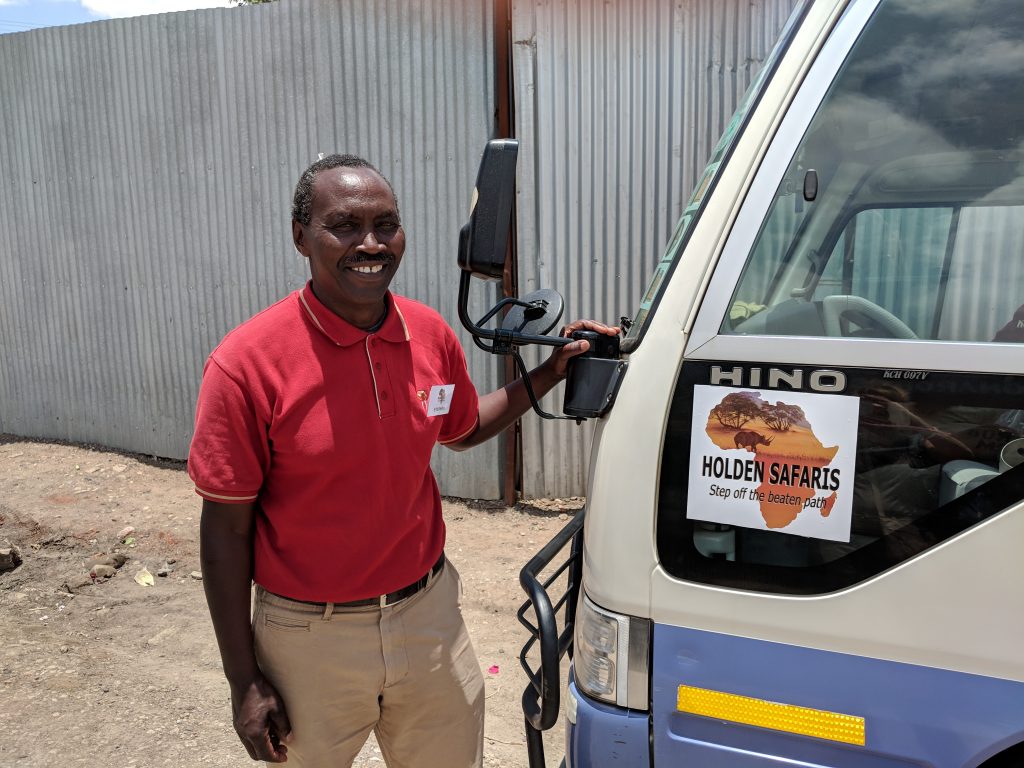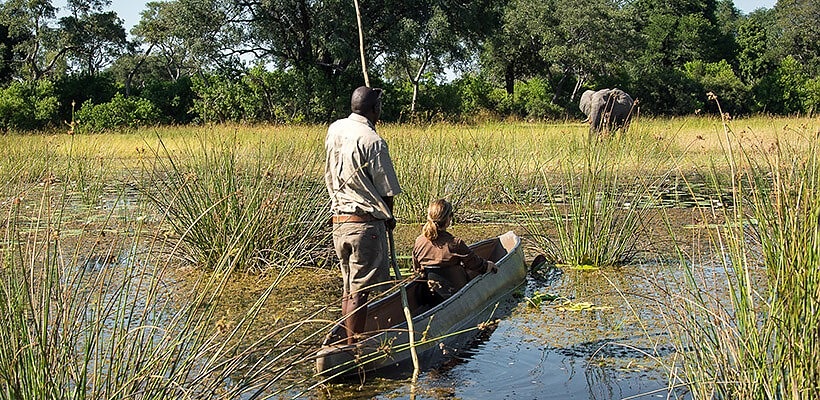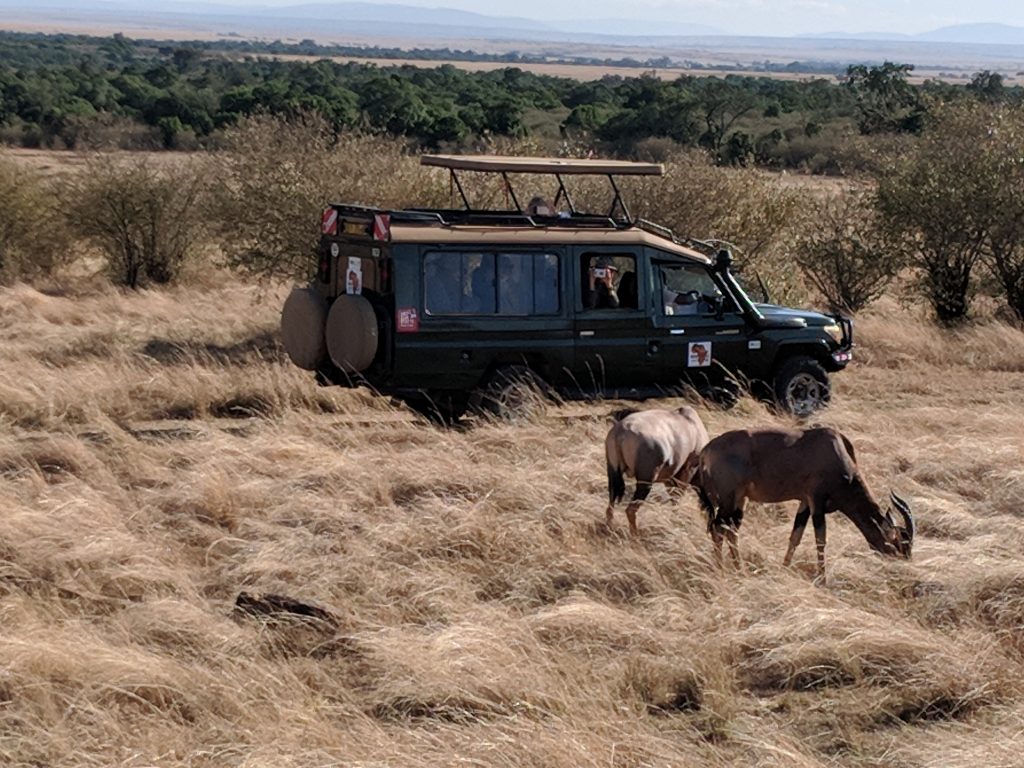The Importance of a Safari Guide to a Safari Experience
The Importance of a Safari Guide to a Safari Experience

In my forty odd years in the safari business, I can’t recall a time when a client asked about a safari guide, when planning a safari. And yet a safari guide is key to a transformative and fulfilling safari.

Mokoro with guide in Botswana
Most clients ask about the accommodation and wildlife. They want to know how to get to Africa, when is the best time to go, where is the best place to visit etc. They may sometimes ask if the safari is guided, referring to the guide as a tour leader or tour director, the same description of someone who leads a group of tourists on vacation in America or to Europe.
With a group on safari there may well be a tour leader leading the group, making sure the group gets from one place to another, gets to airports on time to catch flights, ensure the group keeps to schedule and no-one gets lost.
That is not who I’m referring to when I say a safari guide is key to a transformative and fulfilling safari. The person I’m referring to is a highly trained and skilled safari guide, with as many as seven years training in the behavior of wild animals, tracking wild animals, and taking clients into the African wilderness. A Safari guide is a specialist in making clients feel comfortable on a photographic safari. More importantly, a safari guide interprets for the client what is being observed, and transforms the experience from one of simply observing an elephant, to one of understanding the elephant’s habits and behavior.
As with any profession, there are many different categories of safari guide. There is the tourist guide, mainly operating in cities such as Cape Town, taking tourists to visit the different attractions around the city, and explaining the history and culture of the area. These guides are also highly trained and certified for their knowledge of the particular city or attraction.

Then there are safari guides based at the different safari lodges. And here there can be huge differences in the level of training and knowledge, based on the particular lodges’ employment criteria. Some lodges simply want a guide who can drive a safari vehicle, be pleasant with clients, know how to navigate the different safari roads in the area but has little training or knowledge about wildlife. Other lodges insist their guides go through a rigorous training program, in all aspects of being a professional safari guide. The training can be spread over many years and include interacting with clients in the lodge, being able to cater to client comfort in the lodge, as well as knowing about the wildlife in the area, and ensuring client safety when out on game drives, seeing Africa’s varied and unique wildlife.
At the top of the safari guide tree is the professional safari guide, with certification verifying his or her knowledge of Africa’s flora and fauna. Professional safari guides are certified to take clients into the bush and keep them safe, conduct walking safaris armed with a rifle for safety, take clients on canoe safaris on some of Africa’s magnificent rivers, such as the Zambezi river, and at the same time, be raconteurs, entertaining clients with stories of Africa and its wildlife.
In Kenya, the body certifying safari guides is the Kenya Professional Safari Guides Association, with its Gold, Silver and Bronze qualifications. Gold requires six years of field experience along with written exams.
Zimbabwe has the Zimbabwe Professional Hunters and Guides Association, with its demanding guides course, producing some of Africa’s best trained safari guides.
And in South Africa, the Field Guides Association of South Africa, offers training courses to become a professional safari guide.
When planning a safari, therefore, ask about the qualifications and experience of the safari guide, or guides, at the destination or safari lodge where you will be staying. You’ll want to know the level of guide training and how many years of experience.
The difference between being on safari with an enthusiastic but poorly trained guide, versus being on safari with a highly trained and knowledgeable guide, will be the difference between a ho hum safari and a life-changing experience.
The enthusiastic guide will give you a fun time but the knowledgeable guide will fill you with wonder and awe at Africa’s majestic variety of wildlife and landscape.
 –
–  Musings on Africa
Musings on Africa

I found this helpful, thank you very much for sharing this wonderful message,